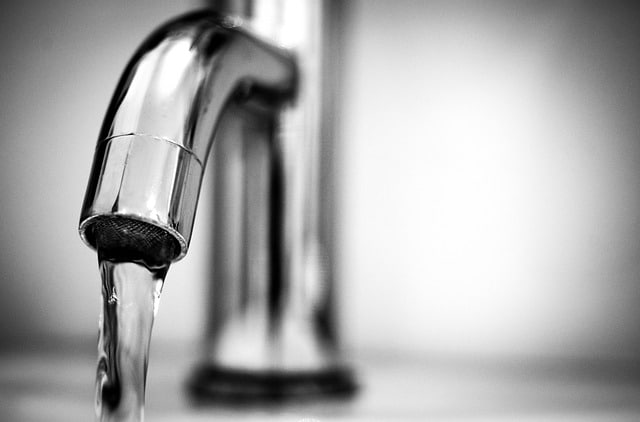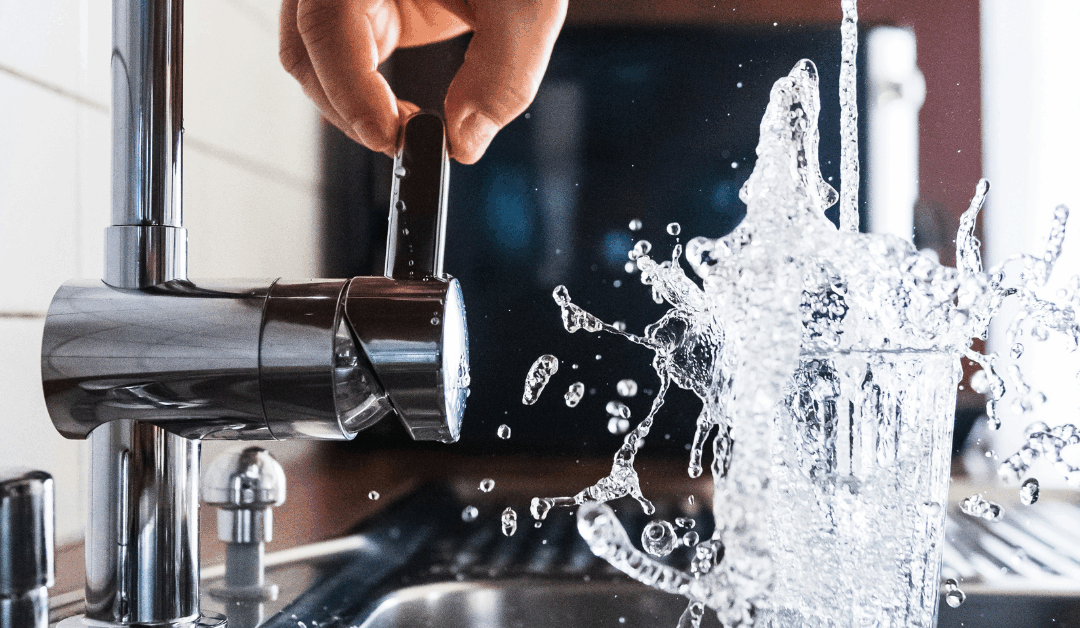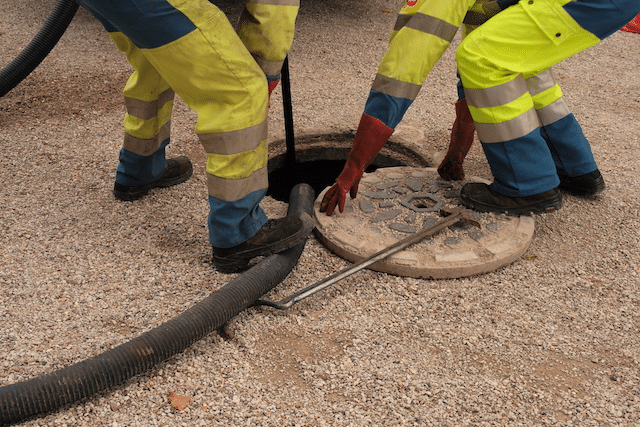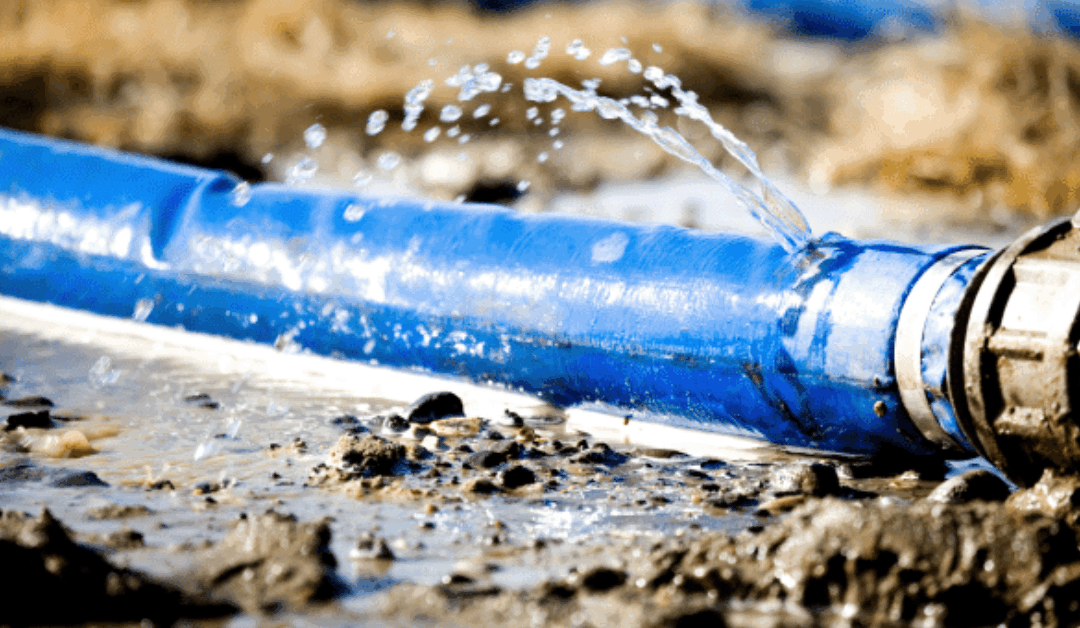Water pipe insulation is an essential component of every home. Insulating cold water pipes can help maintain water temperature, prevent pipe bursts, save energy and money, and increase the longevity of pipes. In this blog post, we will explore why water pipe insulation is necessary, the different types of insulation materials, how to install it, and the benefits of having insulated water pipes.
1) Why is Water Pipe Insulation Necessary?
To insulate water supply pipes helps maintain the temperature of water that flows from the heater to the faucet. In cold weather, uninsulated pipes tend to lose heat quickly and cause the water to become cold before it reaches the faucet, which leads to wasting more water, as we wait for hot water to arrive. Conversely, in hot weather, the water can become hot due to the heat absorbed by the pipes, which can lead to wasting more water while trying to cool it down to a tolerable temperature. Insulating water pipes, therefore, makes sure that hot water stays hot and cold water stays cold, which reduces energy consumption and lowers utility bills.
2) What are the Different Types of Insulation Materials?
There are different types of insulation materials used for water pipes, such as fiberglass, foam, rubber, and polyethylene. Fiberglass insulation is made of small glass fibers and is fire-resistant, easy to install and available in batts or rolls. Foam pipe insulation comes in tubes and sheets and can be easily cut to size. Rubber insulation is flexible, durable, and long-lasting and can withstand temperatures of -40 degrees Fahrenheit to 220 degrees Fahrenheit. Polyethylene foam is durable, affordable, and can be used for both hot and cold water pipes.
Schedule Service Online
Get a free estimate so you know what you're signing up for
"*" indicates required fields
For Emergency Services Call: 410-255-9300
3) How to Install Water Pipe Insulation?
Installing water pipe insulation is a simple task that can be done with just a few tools and materials. First, measure the length of the pipe and cut the insulation material accordingly. Then, pipe wrap the insulation material around the pipe, making sure to firmly attach it with tape or wire. If needed, apply additional layers of insulation to increase the thickness of insulation.
4) What are the Benefits of Having Insulated Water Pipes?
Insulated water pipes improve the efficiency of the home’s heating system, significantly reducing energy consumption by keeping the water temperature regulated. Moreover, they increase the lifespan of pipes by shielding them from damage due to external environmental factors such as winter frost and summer heat. Additionally, insulated water pipes are less likely to develop leaks or burst, which prevents water damage and reduces repair costs.
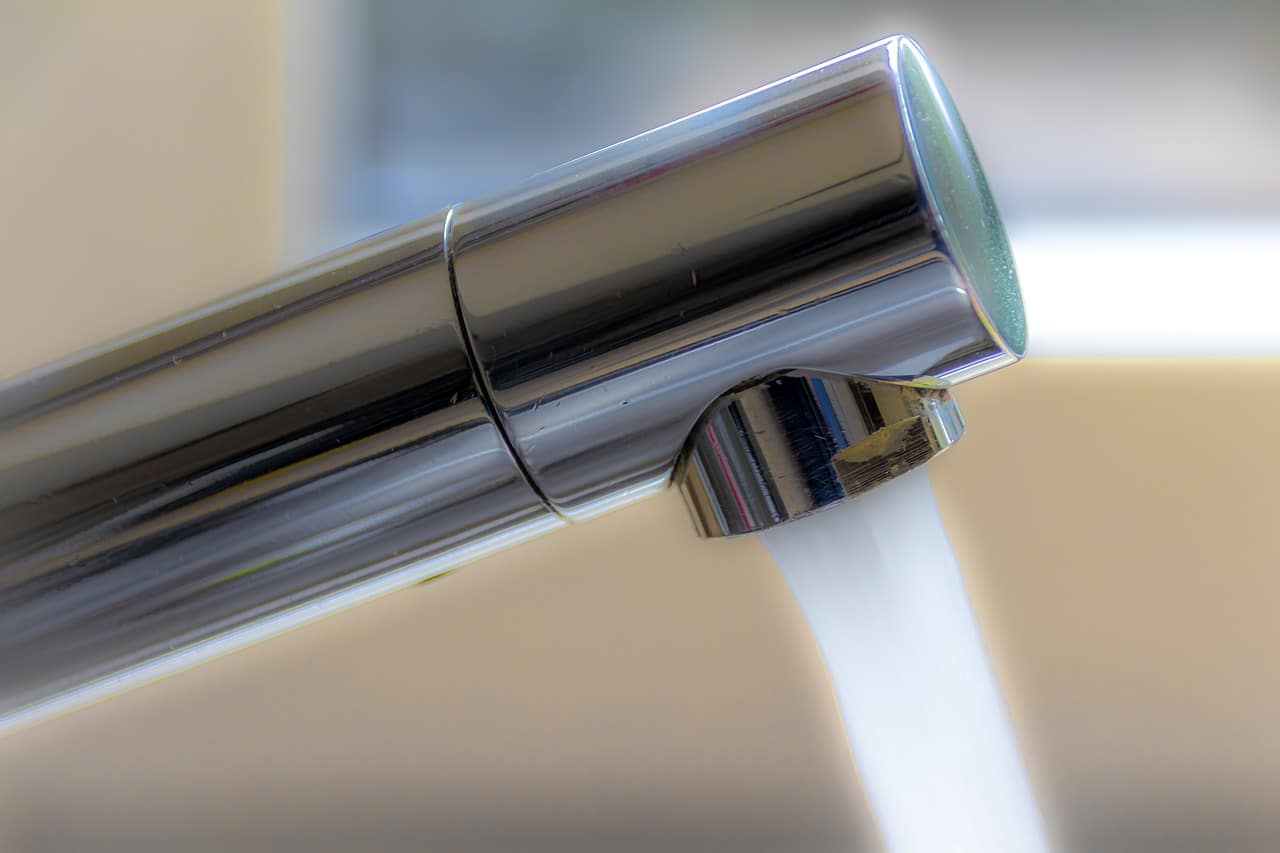
The Top 5 Reasons to Get Water Pipe Insulation
As temperatures begin to drop, many people focus on turning up the heat or sealing up drafts to make their homes more efficient. But there’s another critical area worth considering: your water pipes. Freezing temperatures can cause pipes to burst, leading to significant damage to your home or property. One way to prevent this from happening is by getting water pipe insulation. Next, we’ll explore the top five reasons to invest in water pipe insulation.
Protects Pipes From Freezing:
As we’ve mentioned, the primary reason to install water pipe insulation is to protect pipes from freezing. Insulation helps to maintain the temperature of the water inside, ensuring that it doesn’t drop too low in cold temperatures. By keeping water flowing freely, you can avoid the costly repairs that come with burst pipes.
Saves Energy:
Insulating your water pipes can also save you money on your energy bills. Water that has to travel through uninsulated pipes loses heat along the way, meaning you have to use more energy to heat the water back up. By insulating your pipes, you can reduce the amount of energy needed to keep your home’s water supply hot.
Dampens Noise:
If you’ve ever heard the sound of water rushing through your pipes when someone turns on the tap, you’ll know that it can be pretty noisy. Insulating your pipes can help to dampen that sound, making your home a quieter, more peaceful environment.
Extends the Life of your Pipes:
Pipes that are properly insulated are less likely to suffer from corrosion or wear and tear, leading to a longer lifespan. This means you’ll have to spend less time and money on maintaining or replacing your pipes.
Promotes Better Water Quality:
Water pipe insulation can also help to promote better quality water. Insulated pipes are less likely to leach harmful chemicals or minerals into the water as it travels through them. This can help to improve the taste and quality of the water coming out of your taps.
Investing in water pipe insulation can provide you with a range of benefits, from preventing freeze-related damage to saving money on energy bills. The good news is that it’s a relatively straightforward process that can be done by a professional or even as a DIY project. So, if you haven’t considered water pipe insulation before, the benefits outlined in this blog post make it worth your consideration. Protect your property, extend the lifespan of your pipes, save energy, and promote better water quality by getting your water pipes insulated before the winter months set in.
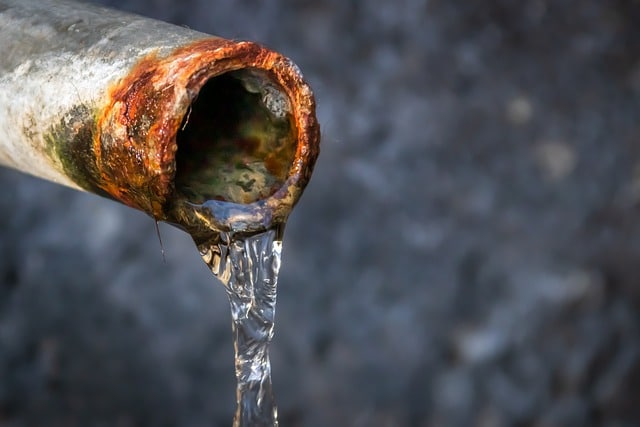
Making an Informed Choice: How to Choose the Best Material for Water Pipe Insulation
Water pipe insulation is an integral part of every modern home and commercial building. When you insulate pipes it ensures that your pipes are protected from temperature fluctuations, leading to energy conservation and lower monthly bills. Insulation also helps protect against pipe leaks and damage. However, with so many options on the market, choosing the best insulation material for your water pipes can be a daunting task. The last section of this article will guide you through the different types of insulation materials available and how to make an informed choice on which one best suits your needs.
Fiberglass
Fiberglass pipe insulation is the most common and is easy to install. It is also relatively affordable. It comes in either pre-formed sections or loose-fill bags that can be blown into cavities within walls using a special machine. Fiberglass insulation is made from recycled materials which makes it eco-friendly. However, fiberglass insulation is not without its downsides. It can be irritating to skin, lungs, and eyes so it is essential that you use protective clothing and equipment when handling it. Also, it does not provide excellent moisture resistance.
Polyethylene Foam Pipe
Polyethylene foam is another popular option for pipe wrap insulation. It is more expensive than fiberglass, but it is highly effective. This type of insulation is a closed-cell foam that is waterproof, heat resistant, and does not absorb water. Polyethylene foam insulation also provides sound insulation properties. Made of hydrophobic material, polyethylene foam is ideal for use in high moisture areas such as basements and crawl spaces.
Rubber Insulation
Rubber insulation is perfect for water pipes that are required to transport hot water. It is made of synthetic rubber or elastomeric foam. Rubber insulation is a closed-cell foam that is waterproof and has excellent thermal insulation properties. Despite its superior insulation properties, rubber insulation is relatively expensive, and it can be time-consuming to install.
Mineral Wool
Mineral wool insulation is made from the rock fibers of volcanic rock or slag. This type of insulation provides excellent fire resistance and does not burn or melt. It is also mold-resistant and has soundproofing properties. However, mineral wool is the heaviest insulation type, and it requires protective gear when installing as it can irritate the skin and lungs.
Reflective Insulation
Reflective insulation uses a reflective film to reflect heat away from the water pipes. This type of insulation is relatively affordable and easy to install. Reflective insulation is ideal for use in high temperatures areas. It is important to note that reflective insulation should not be installed in direct contact with hot water pipes to avoid melting.
Choosing the right insulation material for your water pipes is essential to protect your pipes, conserve energy, and lower your monthly bills. In this article, we have covered five different types of insulation materials to choose from. Each of these materials has its pros and cons, and it is up to you to choose the one that best fits your needs and budget. Consider what is most critical to you when selecting the insulation material, including the expected insulation effectiveness, cost, and extra features. Now that you know how to choose the best material for water pipe insulation, you can go ahead and invest in the product that offers the best return on investment.
Conclusion:
In conclusion, water pipe insulation is necessary for every homeowner. It helps maintain the temperature of water, saves energy and money, protects pipes from damage, reduces repair costs, and increases the lifespan of pipes. Additionally, installing water pipe insulation is easy, cost-effective, and significantly benefits the environment. Therefore, if you haven’t already, make sure to insulate your water pipes today and enjoy the many benefits insulation brings.

MD Sewer and Plumbing
Questions about insulating water pipes? Give us a call and we will walk you through the whole process. We provide free estimates as well so you know what to expect!

